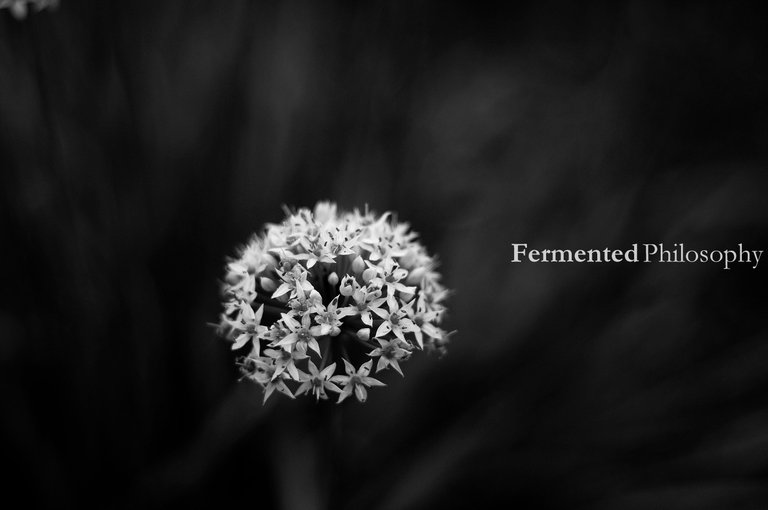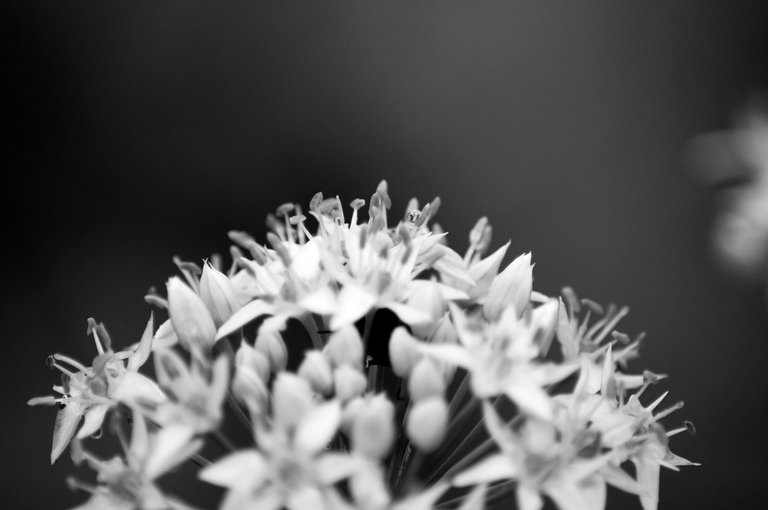A Tactical Recap to the Fermented Ph.D. Dump
This week has been a long and crazy one. A guest lecturer and various other speakers have been giving a series of lectures on African philosophy. I needed to chair most of these seminars and meetings, and various dinners ensued. Tomorrow marks the end of these lectures and things will go back to normal a bit.
But amidst all of this turmoil, a student asked me a question about one of the philosophers we have dealt with in the previous lectures about a specific phrase that a psychologist used. And I do not think it has been published in the literature to this extent. The quote is very compact and in unpacking it one can see the power of it. I will attempt to write down the answer I gave to the student.
Albert Camus in South Africa Apartheid
The psychologist and writer Chabani Manganyi in a very popular book, Being-black-in-the-world, writes about existentialist philosophy in an African in an aptly titled chapter Nausea. I want to quote him in full because the quote is really beautiful:
Having been a colonised people over several centuries, and still being in important aspects a colonised people, the question arises as to whether suffering and the general absurdity of life can have the same meaning for us as it may have for white people. Put differently, one may inquire whether when black people ask the question ‘why’ they do, in fact, ask the same question suggested by Camus. The difference between the two questions which may be asked appears to be of the following order. The absurd man projected by Camus directs his question to existence (life), as it were, or perhaps to God. The black man, on the other hand, directs his question to life as imposed on him by the white man. In the case of the black man, it has been the white man who has systematically created the specific form of the black man’s existential absurdity. A further difference has been that we have not had any difficulties in identifying the source of our nausea – of our suffering. We have been compelled to recognise that unlike the white man we live with the originators of our absurdity. The source of our suffering may be identified in the streets of Pretoria and Johannesburg. Should it surprise anybody that the problem of suicide recognised by Camus as the most important problem of philosophy should be recognised as a paltry matter by us? The fact of the matter is that we live suicide and are too involved in living to contemplate it.” (Manganyi, 2019:63-64; emphasis mine)
It is a long quote and not everything is relevant to the post I am making here now. But the two emphasized places are so important. This rereading of Camus in apartheid South Africa troubles the notions of a universally applicable philosophy. I will showcase this by analyzing, firstly, Camus' absurd philosophy, then secondly, I will trouble this philosophy by explaining Manganyi's above quote. The goal is to showcase how problematic western philosophy is in the sense that it makes such broad and general claims which somehow are applicable to everyone.
Camus' Absurd Philosophy
Man (men and women) stands in front of the abyss and demands meaning. She might ask the question, what is the meaning of my life? But the void says nothing, there is no answer to this question. Camus begins his most famous book, The Myth of Sisyphus, with one of the most famous lines in philosophy:
There is but one truly serious philosophical problem and that is suicide.
Suicide in this philosophical sense would mean to "leap" or something of that kind. Basically what it means is that one would in committing suicide prescribe some meaning to life because one cannot cope with the meaninglessness of life.
And this is basically the universal philosophy of Camus. There is but one serious philosophical problem. Remember, he wrote this book whilst colonialism and so on were still going on. But for him, there was but one serious question and that was about assigning meaning to an essentially meaningless life.
Manganyi Reading Camus
Manganyi states beautifully that the black subject under apartheid is living suicide and that she cannot contemplate the one serious philosophical problem that Camus wants to emphasize.
Moreover, he states that the black subject knows from where the meaning of her life comes from, that is, from the colonial and apartheid constructs. Absurdity is not, for the black subject, a case of the void not answering back, but rather the white subject imposing his rules over the black subject.
The living suicide part is where I find the most beautiful re-interpretation of Camus. For Camus, suicide means succumbing to the meaninglessness of life by thus giving it some meaning you cannot cope with. For the black subject, she is living suicide, she is always already living inauthentically or taking a leap. Why? Because she cannot help it. The way she is living is already forced onto her, she cannot escape it. She cannot even contemplate the question of suicide because she needs to work for minimal money to pay for food. She does not have the luxury to ponder the question.
She is thus living her suicide every day.
And this is not a unique historical situation. It is still today a big problem. What is generally referred to as either the neo-colonial or post-colonial present, is merely a reproduction of this very logic.
Postscriptum
I hope that this was somewhat insightful and helpful. It is a very unique reading thereof and interesting to me.
The writing is my own, unless hyperlinked or stated otherwise. The photographs are also my own, taken with my Nikon D300.
I hope you are well. Happy learning, stay safe.


Congratulations your publication has been chosen among the best of the day.
KEEP CREATING GOOD CONTENT.